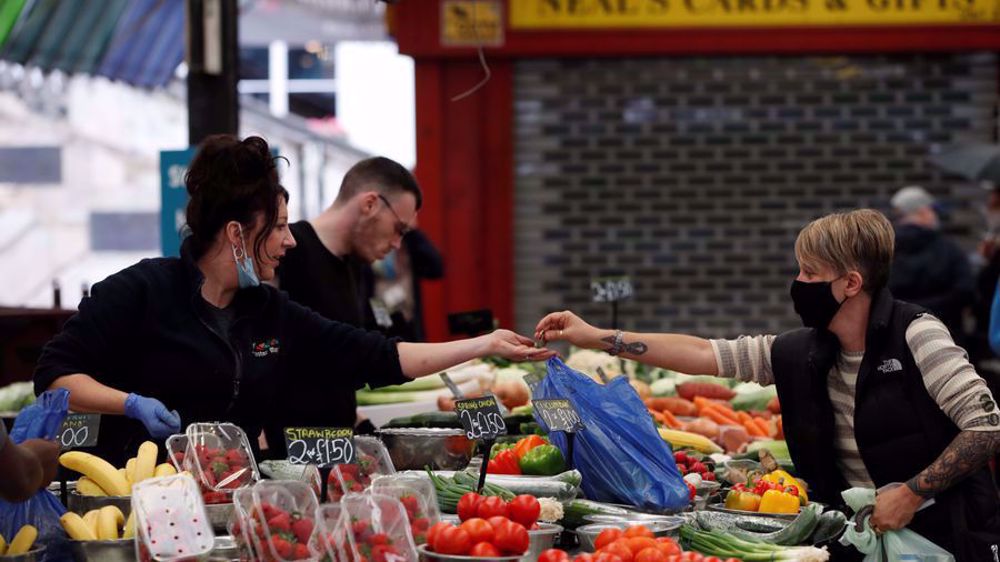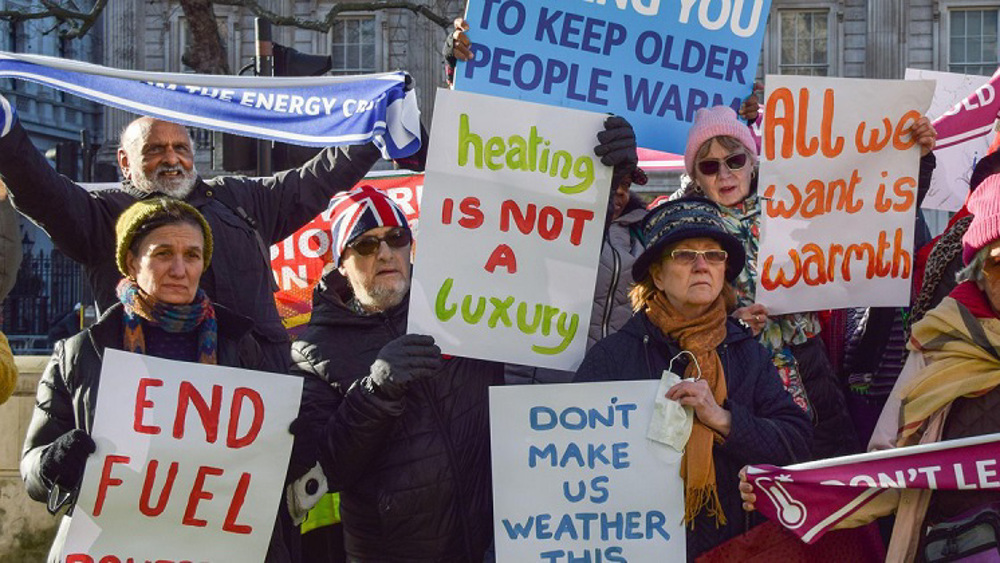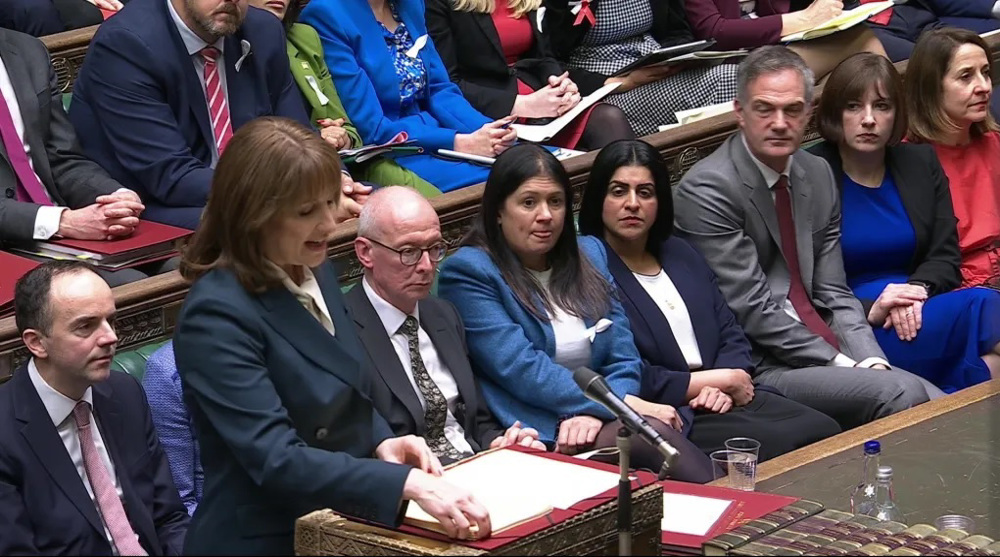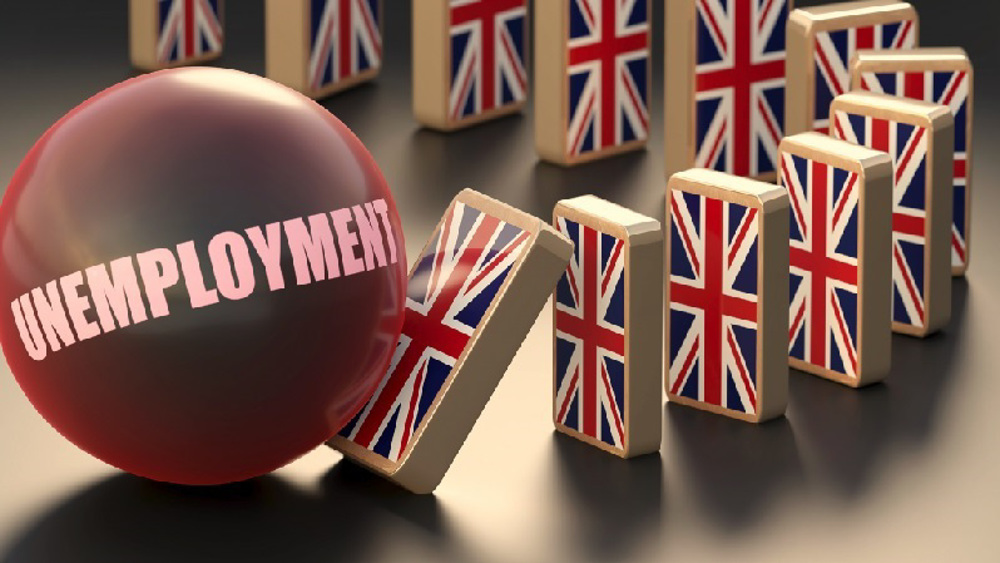Cost of pasta, bread surges for Britain's poorest as inflation hits 40-year high
The price of the most affordable brands of pasta and bread in Britain has surged over the past year, new data shows, as the country is struggling with soaring inflation.
Figures from the Office for National Statistics (ONS) showed on Monday that prices for some low-cost groceries have increased sharply, as poorer families bear the brunt of the cost of living crisis.
Surveys have shown growing numbers of Britons skipping meals as they are squeezed by the highest consumer price inflation in 40 years.
The price of pasta has jumped the most from a basket of 30 basic food items compiled by government statisticians, with an increase of 50% from a year earlier, the figures showed.
They also highlighted above-average-inflation price rises for crisps (up 17%), bread (16%), minced beef (16%) and rice (15%).
However, average prices for the cheapest brands of food and drink across 30 staple categories rose by 6-7%, the ONS said, the same as for food and drink overall.
"There is considerable variation across the 30 items, with the prices for six items falling over the year, but the prices of five items rising by 15% or more," it said.
The cost of potatoes fell 14%, cheese prices were down 7% and pizzas cost 4% less than a year before.
The ONS described its analysis as "highly experimental" and said the results were sensitive to the exact goods chosen in particular categories.
British consumer price inflation hit a 40-year record number of 9 percent in April, with the Bank of England (BoE) estimating that it will reach double digits by the end of the year when regulated energy prices are set to rise by a further 40 percent.
Last week, London announced 15 billion pounds of grants to households to pay soaring energy bills, on top of 22 billion pounds of support earlier this year.
Financial markets expect the BoE to raise interest rates to at least 2 percent by the end of the year.
Bank of England Governor Andrew Bailey warned this month that Russia's offensive against Ukraine could have "apocalyptic" further consequences for food prices, especially for developing counties.
Both Russia and Ukraine are major exporters of grain, vegetable oil and other foodstuffs.
Russia and Ukraine together produce almost 30 percent of the global wheat supply.
Democrats press Trump to explain rationale behind new Iran strike amid warnings about dire risks
VIDEO | Press TV's news headlines
VIDEO | Ex-UK envoy to US arrested by British police
Department of Justice withholds, removes Epstein files that reference Trump: Probe
FM says historic opportunity at hand for unprecedented deal; vows Iran will defend sovereignty
Aid groups challenge Israeli ban that could starve Gaza, West Bank
Hamas denounces Israel’s threats to destroy resistance, slams ceasefire violations
Lebanese army orders troops to return fire after Israeli attack near border post












 This makes it easy to access the Press TV website
This makes it easy to access the Press TV website